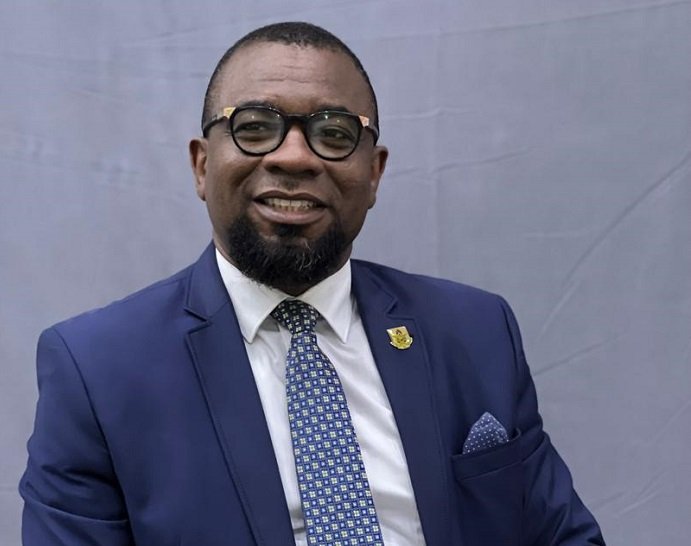Kenya lags behind peers in transparency, an indicator of pilferage and wastage of public funds, a new survey shows.
According to the Open Budget Survey (OBS) 2023, Kenya is at position 48 out of 125 countries when it comes to publishing information to support robust public debate on budget estimates. Uganda tops East Africa with 59 percent, followed by Kenya at 55 and Rwanda at 50 percent.
Tanzania scored 41 percent, Somalia (37), Burundi (14) and South Sudan 13 percent.
A transparency score of 61 or above indicates that a country is likely to be publishing enough material to support informed public debate on its budget.
And when budget is not transparent, it means there is room for “budgeted corruption”.
The survey assessed the online availability, timeliness, and comprehensiveness of budget documents.
The report released by the Institute of Public Finance noted that the dismal ranking is occasioned by the failure of the government to release its mid-year updates on the budget implementation efforts which includes a review of economic assumptions and a forecast of expected budget outcomes.
Speaking at the launch, IPF CEO James Muraguri said: “Transparency and participation in the budget process are consistently associated with improvements in the quality of the budget, such as a lower deficit, more targeted budget priorities, and increased operational efficiency.”
“The fact that the government collects and spends billions of taxpayer funds to pay for public services, the public has a right to know how that money is allocated and how it is spent.”
“Transparency and participation in the budget process are consistently associated with improvements in the quality of the budget, such as a lower deficit, more targeted budget priorities, and increased operational efficiency. These values can also lead to better governance and redirection of spending to marginalized communities,” said Mr Muraguri.
He also noted that by engaging citizens at all stages of budget-making, there will be improved public trust in government, increased civic participation and political know-how, increased tax revenue, and lead to better development outcomes.
The report comes at a time when there are ongoing budget public hearing sessions spearheaded by the National Assembly Finance and National Planning Committee to give views on the proposed 2024/2025 budget estimates.
The government has come under scrutiny in recent times over how it spends its allocated budgets given the widening budget deficits.





















Discussion about this post